
 会話の中でよく使われるフレーズやたのしいイディオムをシェアします。
会話の中でよく使われるフレーズやたのしいイディオムをシェアします。
タイトルをクリックしてください

 会話の中でよく使われるフレーズやたのしいイディオムをシェアします。
会話の中でよく使われるフレーズやたのしいイディオムをシェアします。タイトルをクリックしてください
As promised last week, here are three, short, simple (?), scary stories to get you in the mood for Halloween. I hope you enjoy them. DON'T TURN OUT THE LIGHTS!
There's Someone Under the Bed
“I begin tucking him into bed and he tells me, “Daddy, check for monsters under my bed.” I look underneath for his amusement and see him, another him, under the bed, staring back at me quivering and whispering, “Daddy, there’s somebody on my bed.”A father is laying in bed after waking up, he grabs the baby monitor and walks to his desk in his home office , he has his baby on the baby monitor and hears his wife singing to her, he smiles as he hears his wife “Go to sleep… go to sleep…” When suddenly the front door opens up and his wife comes in with groceries.
"Yeeeeeeeees?"
When I was a child my family moved to a big old two-floor house, with big empty rooms and creaking floorboards. Both my parents worked so I was often alone when I came home from school. One early evening when I came home the house was still dark. I called out, “Mom?” and heard her sing-song voice say “Yeeeeees?” from upstairs. I called her again as I climbed the stairs to see which room she was in, and again got the same “Yeeeeees?” reply. We were decorating at the time, and I didn’t know my way around the maze of rooms but she was in one of the far ones, right down the hall. I felt uneasy, but I figured that was only natural so I rushed forward to see my mum, knowing that her presence would calm my fears, as a mother’s presence always does. Just as I reached for the handle of the door to let myself in to the room I heard the front door downstairs open and my mother call “Sweetie, are you home?” in a cheery voice. I jumped back, startled and ran down the stairs to her, but as I glanced back from the top of the stairs, the door to the room slowly opened a crack. For a brief moment, I saw something strange in there, and I don’t know what it was, but it was staring at me. Did you enjoy these? I'll try to add one story each week until Halloween. See you next week.Last week I talked about fear. Most of us are afraid of something, but it differs greatly from person to person. Personally I'm afraid of wasps. Rational fear is fear that has a solid reason behind it, for instance, fear of fire, or drowning. Irrational fear is fear that doesn't have any real reason for the feelings. For instance fear of butterflies, or frogs . . .or ghosts. When fear gets too strong and begins to take over our lives, we call it a phobia (恐怖症). Most people have heard of the well known phobias, such as: Claustrophobia- Fear of confined spaces. Acrophobia- Fear of heights. But there are so many more phobias that some people suffer from that we've never heard of. Of course there is a word for everything in English, so I'm going to give you a selection from the long list of phobias that I've found. I'll give you one for every letter of the alphabet, 26 phobias. This is from a list of HUNDREDS!!!. Click here if you want to see more. So here we go, phobias from A to Z. Arachnophobia- Fear of spiders Bibliophobia- Fear of books. Chionophobia- Fear of snow. Dentophobia- Fear of dentists. Enetophobia- Fear of pins. Felinophobia- Fear of cats. Genuphobia- Fear of knees. Hominophobia- Fear of men. Ichthyophobia- Fear of fish. Japanophobia- Fear of Japanese. Katsaridaphobia- Fear of cockroaches. Lachanophobia- Fear of vegetables. Mageirocophobia- Fear of cooking. Nudophobia- Fear of nudity. Obesophobia- Fear of gaining weight. Pyrophobia- Fear of fire. Quintaphobia- fear of the number five. Ranidaphobia- Fear of frogs. Stigiophobia- Fear of hell. Triskaidekaphobia- Fear of the number 13. Uranophobia - Fear of heaven. Verbophobia- Fear of words. Wiccaphobia: Fear of witches. Xenoglossophobia- Fear of foreign languages. Y- Sorry, I can't find a phobia for Y. If I do, I'll add it here later. Zoophobia- Fear of animals. Next week, SCARY STORIES!
For the month of October, I will be talking about different aspects of Halloween each week. So, for the first week. I want to talk about fear.
There are a few main words we use to talk about fear, but their uses are a little different, so be careful.
The most basic is "afraid".
I'm afraid of snakes.
What are you afraid of?
Are you afraid of English?
Next is "fear".
I have a fear of heights.
I have a fear of small spaces.
and finally, "scared, scary".
I am scared of the dark.
I am not scared by your tactics.
I'm sorry, did I scare you?
I don't scare easily.
or as an adjective,
Trump is soooo scary!
That's really a scary house.
I love a good scary movie.
I personally love scary stories, movies, etc. I love Halloween, how can I not, it's my wedding anniversary.
Here is a picture of my new Halloween decoration idea. What do you think?
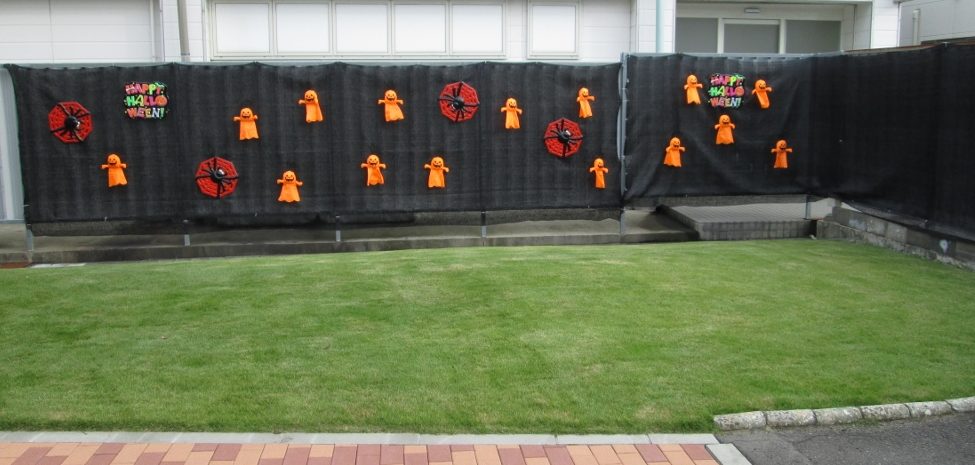
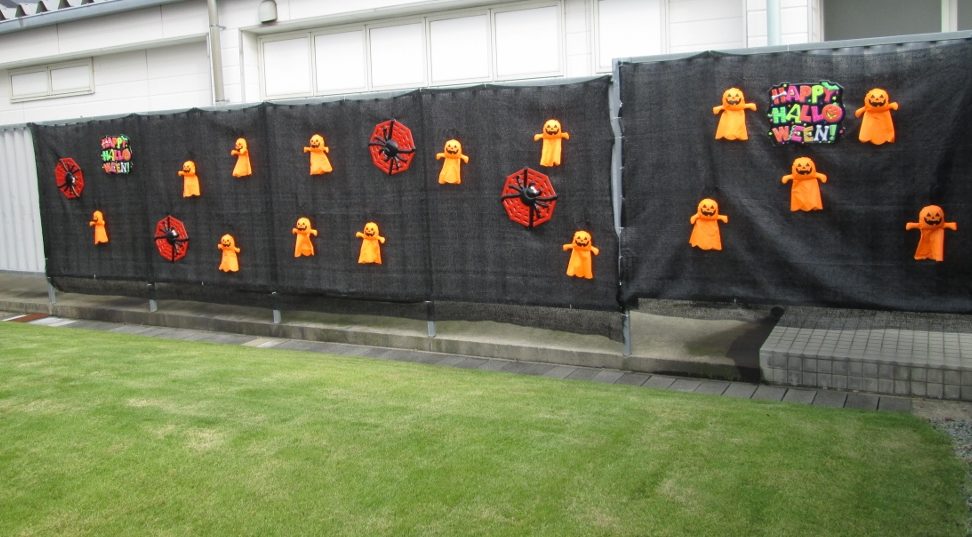
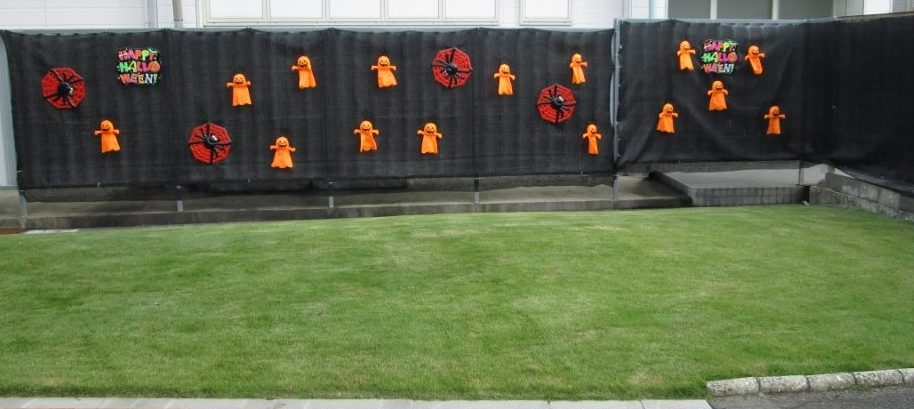
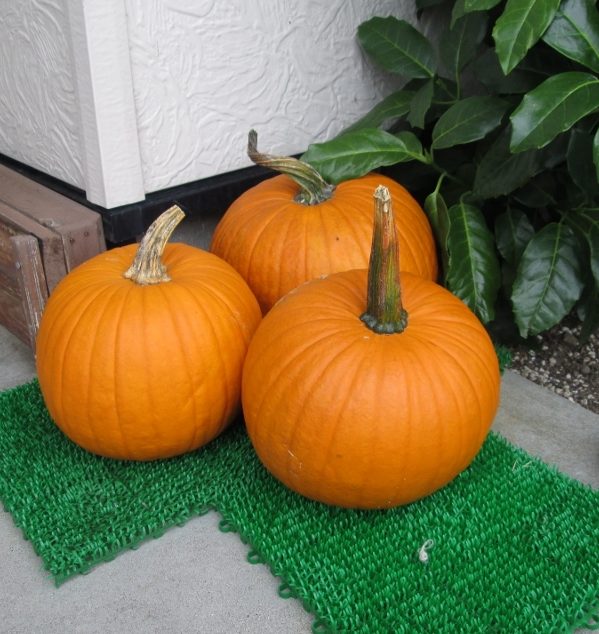 Next week, phobias, rational or irrational fear.
Next week, phobias, rational or irrational fear.
Yesterday was such a cool and beautiful day, I decided to take my grandson for his first visit to Omoriyama Zoo.
 We had a really good time, but he went to sleep about halfway through.
Anyway, I was thinking about the differences in talking about animals in English and Japanese, so today I'm going to give you a few animal quizzes. Good luck!
First quiz; In Japanese, almost all baby animals are called ”子”. 子犬、子猫、子豚 etc. In English, most of the babies have a unique name. Some are easy, and some are really hard to guess. Can you match the animals with their babies? The answers are at the bottom of this page.
We had a really good time, but he went to sleep about halfway through.
Anyway, I was thinking about the differences in talking about animals in English and Japanese, so today I'm going to give you a few animal quizzes. Good luck!
First quiz; In Japanese, almost all baby animals are called ”子”. 子犬、子猫、子豚 etc. In English, most of the babies have a unique name. Some are easy, and some are really hard to guess. Can you match the animals with their babies? The answers are at the bottom of this page.
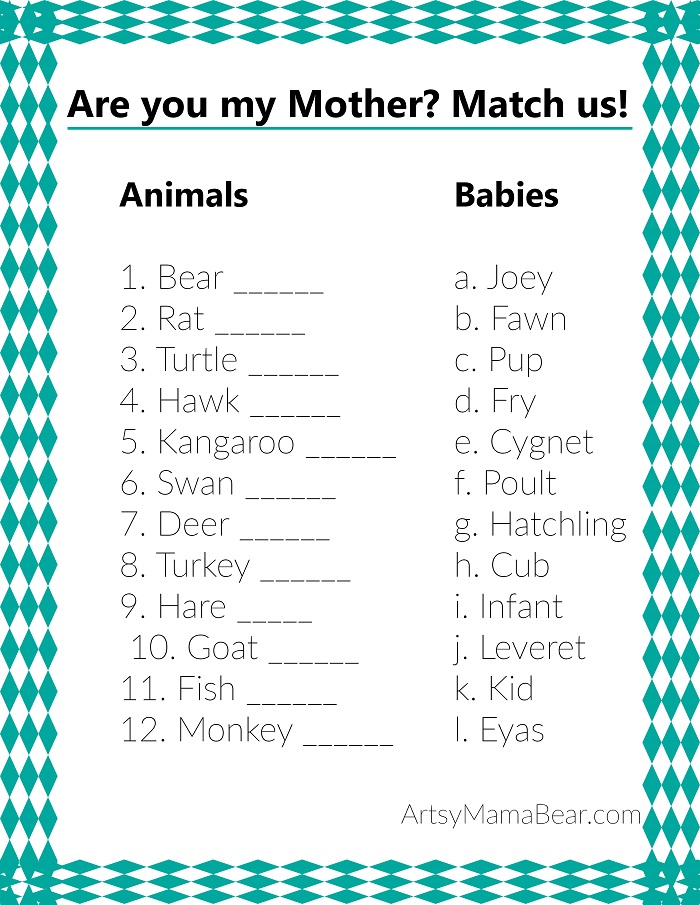 Second quiz, groups of animals. In Japanese groups of animals are usually called 群れ. (牛の群れ).In English, we have different names for different animals. Can you match the animals to their groups? The answers are at the bottom.
Second quiz, groups of animals. In Japanese groups of animals are usually called 群れ. (牛の群れ).In English, we have different names for different animals. Can you match the animals to their groups? The answers are at the bottom.
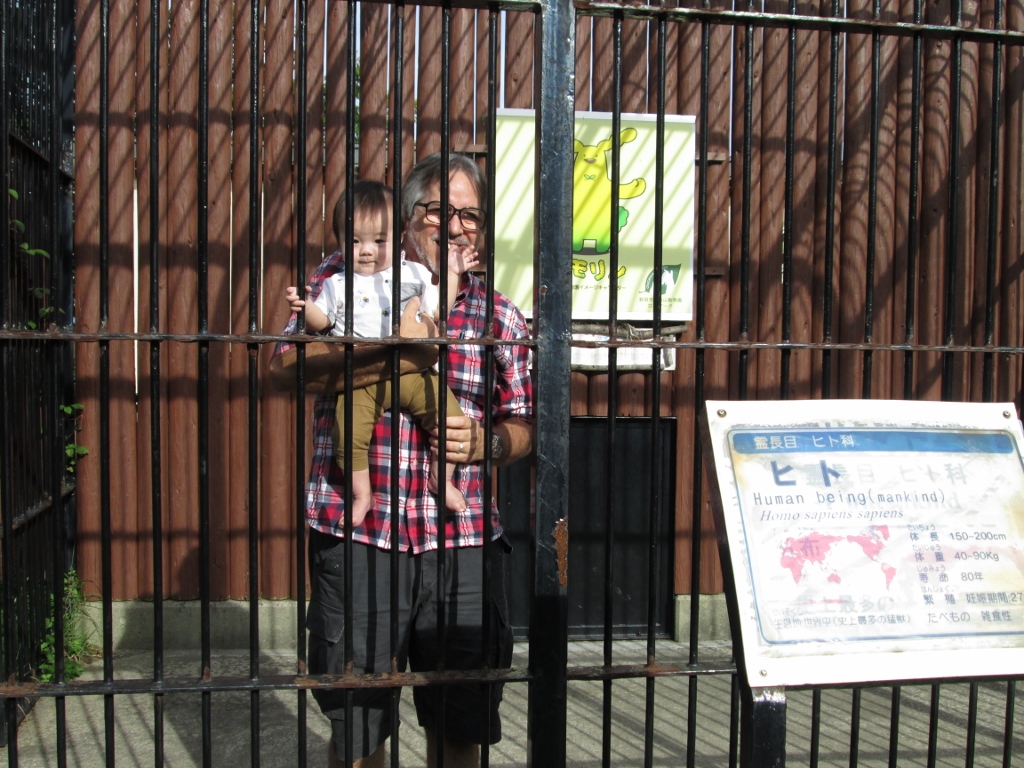
A group of people.
Quiz #1: h c g l a e b f j k d i Quiz #2: d e j i g h b a c f How was your score?I'm back! I hope you had a wonderful summer. I'm enjoying the cool nights we've had the last few days. My favorite season is finally starting.
I finished my snow fence for my azalea bushes. It came out okay I think. I'll have to wait for snow to see if it really works like I want it too.
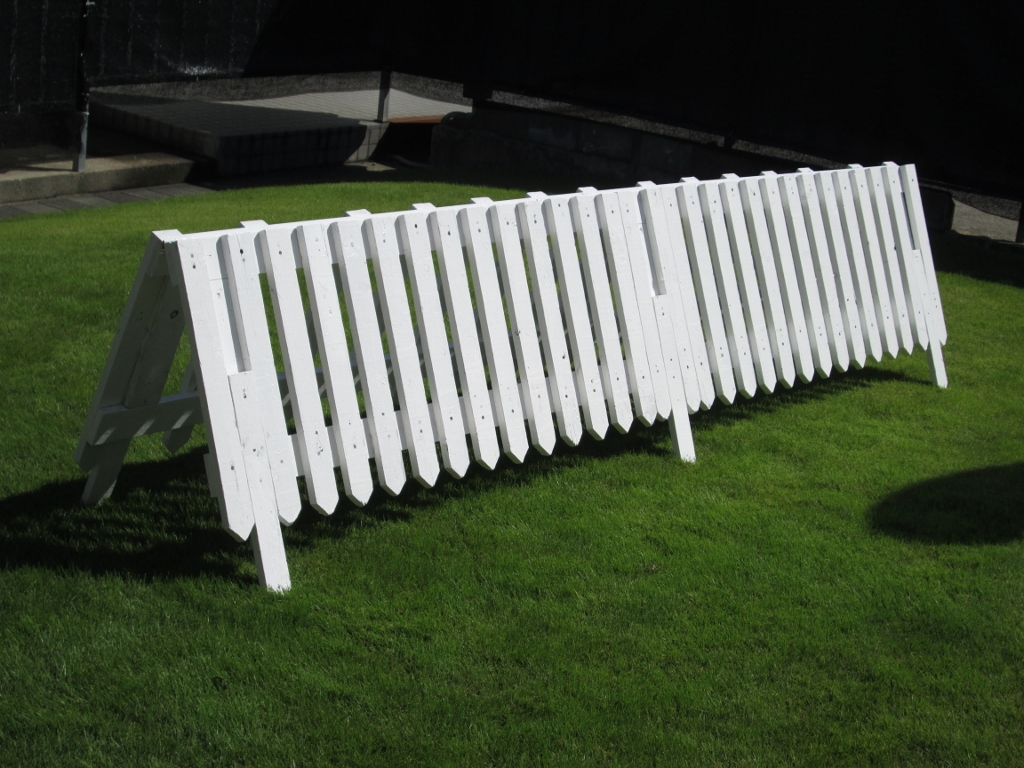
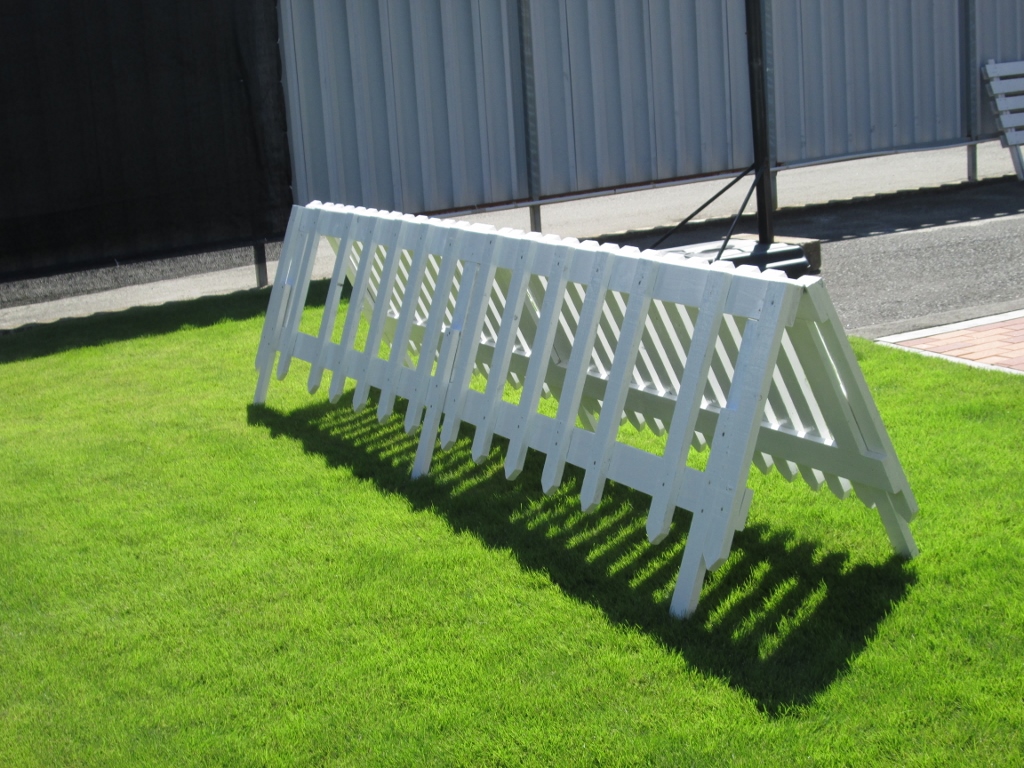 So. I've been thinking about fences this week. Do you have a fence around your house? This is my fence.
So. I've been thinking about fences this week. Do you have a fence around your house? This is my fence.
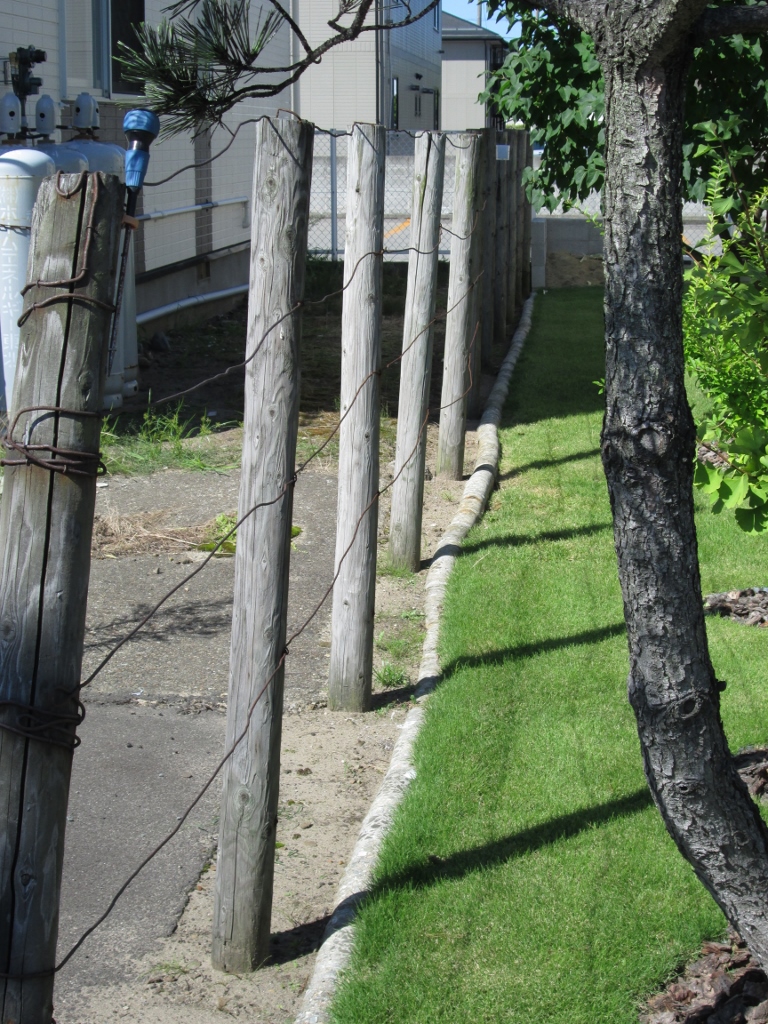
 There are many interesting English phrases about fences:
I'm still on the fence about President Trump. (I haven't decided about him).まだ判断しかねている。
It's never too late to mend your fences. (you can always apologize or fix bad relationships)いつでも謝罪出来る。
Good fences make good neighbors. (privacy is important for neighbors)適度な距離感は良い関係を作る。
I feel fenced in. (I can't escape from this situation in my life)四面楚歌
I feel fenced out. (I feel excluded from the group)仲間外れにされている。
Sit on the fence. (Don't take a position one way or another, like Switzerland).中立
Straddle the fence. (agree with both sides of an issue).どっちつかず。
There are many interesting English phrases about fences:
I'm still on the fence about President Trump. (I haven't decided about him).まだ判断しかねている。
It's never too late to mend your fences. (you can always apologize or fix bad relationships)いつでも謝罪出来る。
Good fences make good neighbors. (privacy is important for neighbors)適度な距離感は良い関係を作る。
I feel fenced in. (I can't escape from this situation in my life)四面楚歌
I feel fenced out. (I feel excluded from the group)仲間外れにされている。
Sit on the fence. (Don't take a position one way or another, like Switzerland).中立
Straddle the fence. (agree with both sides of an issue).どっちつかず。
I don't really like summer, but I love summer vacation! Do you have a summer vacation? I have a "half" summer vacation. I'm free most mornings, but work in the afternoon and evening.
When I'm teaching at schools here, I like to compare summer vacation in Japan and America. Japan has vacation for about one month in July and August. but many schools in the USA have nearly 3 months of summer vacation. for example my old school, Mapleton Elementary finished school on May 26th, and will begin on August 22nd.
Another big difference is homework. While Japanese students have a big load of homework and projects to finish, American students usually don't have any. Summer vacation comes at the end of the school year, so students are between grades.
At this point most Japanese students say ”いいなー” But then I continue to tell them about all the work that kids often do in America. As a child I was busy every vacation, picking cherries, mowing lawns, weeding gardens, etc. It was a very good eduction in economics, and taught me a lot about how to handle money.
As an adult, I always have a list of things I need to get finished during my summer vacation, and this year is no different. I've been working on painting and rebuilding a snow fence, I have to do some brick and mortar work in my yard, and the list goes on and on.
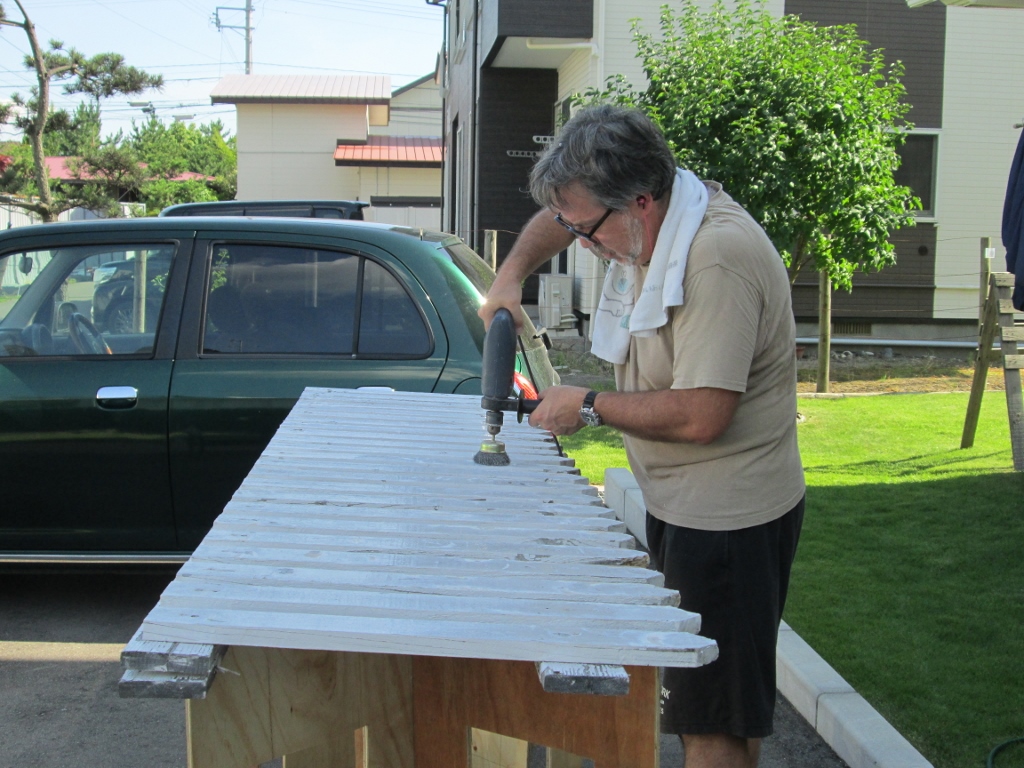 I did have time to enjoy myself a little. Friday night, I took my grandson to his first Kanto Festival.
I did have time to enjoy myself a little. Friday night, I took my grandson to his first Kanto Festival.


 Then Saturday, I went to Oga. It was beautiful as usual.
Then Saturday, I went to Oga. It was beautiful as usual.
 I hope you're enjoying your vacation. By the way, this "Mark's Phrase will be on summer vacation also. See you in September.
I hope you're enjoying your vacation. By the way, this "Mark's Phrase will be on summer vacation also. See you in September.